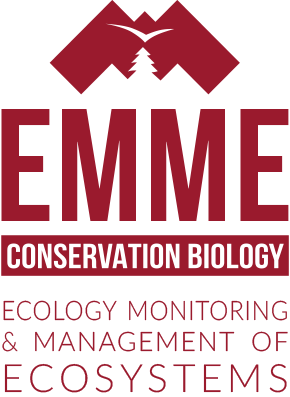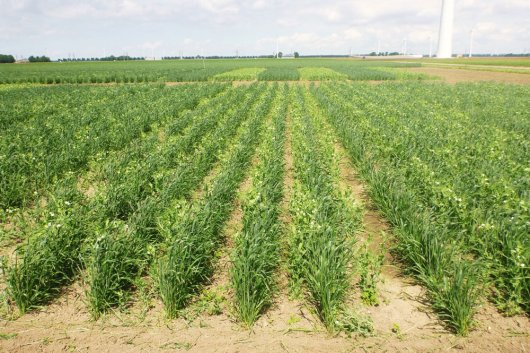Internship host:
Wageningen University and Research
Department: Plant Science Group
Context:
Land use has been strongly intensified for agriculture. The use of high yielding crop varieties, chemical fertilisers and pesticides are worldwide spread to increase food production and land productivity. These contemporary changes are exerting a strong pressure on ecosystems and also altering the soil fertility, the water quality and the atmospheric constituents. Those agrosystems are often based on monoculture where crop diversity is limited. On the other hand, mixed cropping systems may offer a potential alternative to reduce external inputs and to enhance biodiversity. They are based on ecological principals such as natural regulation mechanisms and plant-insects interactions.
Malézieux et al. (2007) Agronomy for sustainable development, 1, 43 – 62.
Tscharntke et al. (2012) Biological conservation, 151, 53 – 59.
Scientific objectives:
ReMIX (Redesigning European systems based on species MIXtures) is a multi-actor and interdisciplinary project. It focuses on the development of resilient plant-based production systems through the creation of successful mixed crops. Mixed crops from “plant teams” can contribute to soil fertility, productivity of the “main” crop and suppression of weeds, diseases, and infestations. Mixed crops also offer opportunities for increasing biodiversity both above and below ground by providing food and hiding areas through more diverse and increased amounts of biomass above and below ground.
Implementation terms (techniques, work to be done, workflow etc.):
The intern will be involved in literature reviews, data analysis (from the 2018 trials), field work following population dynamics of natural enemies and yield and scientific reports/ publications for farmers.
In the first period (until end of april), when the field trials are (not yet) sown, the intern will be involved in a desk study on selection criteria and key traits of major plant species for species mixtures. At the same time, the student will prepare for fieldwork (indicator selection, sampling protocols etc). Fieldwork will be excecuted during the growing season (april-august). Besides fieldwork, the intern can help with the analysis of field data from the 2018 trial. The last month will be used to analyse the data from fieldwork and write a report on the findings.
Desired skills:
Knowledge on system analysis, system thinking, agroecology, statistics.






